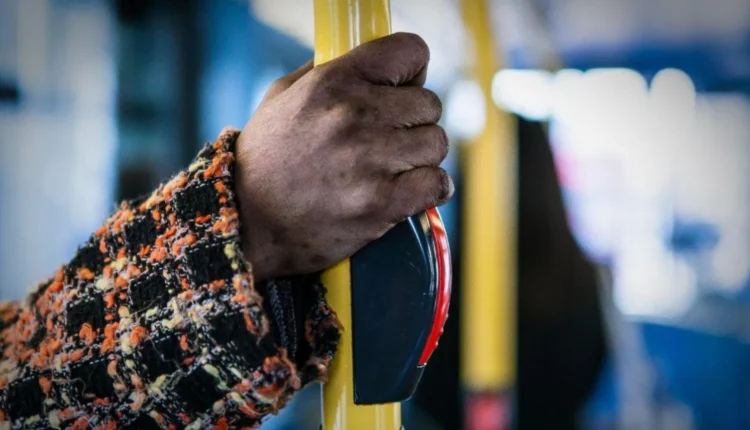Poor public transport affects the nighttime economy, according to a report
According to a report by a university researcher, the West Midlands’ nighttime economy is being impacted by the absence of public transit.
Aston University’s Dr Patrycja Rozbicka discovered that whilst 40% of attendees used public transport to get to events, only 18% did so on their way back because of subpar late-night services. Her report also stated that train services were unreliable after 22:00. West Midlands Railway (WMR) said that it was investing £1 billion to improve services, create new employment, and upgrade its fleets, stations, and infrastructure. Bus services “typically run until 1am on most of the key corridors,” according to National Express West Midlands. According to the university, public transit in places like Digbeth, Solihull, and Stratford-upon-Avon was inadequate.
Ticketholders and venue employees are examined in this study, which focusses on transit use to and from evening cultural events like concerts, plays and gigs. According to the university, the results of the politics, history, and international relations lecturer’s report indicated that single-occupancy car use was predominant. It said that although train services were recommended for long-distance travel, they were unreliable after 22:00, and firms had problems with hiring and retaining employees “due to poor transport options”.
“The vital role public transport plays in supporting a strong local economy” was acknowledged by WMR. A representative for WMR added that its schedules were determined by viability and demand. According to Network Rail and West Midlands Rail Executive, all services must be agreed upon in collaboration with other operators. “For large events, we work closely with organisers to introduce additional services so passengers can travel comfortably via public transport to and from venues.”
According to National Express West Midlands, much of its network is open till midnight. In order to satisfy the various demands of the area, it claimed to provide a “comprehensive evening bus network, providing reliable, safe, and accessible public transport” during off-peak hours. According to a spokeswoman, it “transported people to participate in evening activities like concerts and also supporting workers in the hospitality industry,” carrying roughly 5,000 passengers after 23:00 on a regular weekday and 7,000 on a weekend.
Read more news on straightwinfortoday.com


Comments are closed, but trackbacks and pingbacks are open.